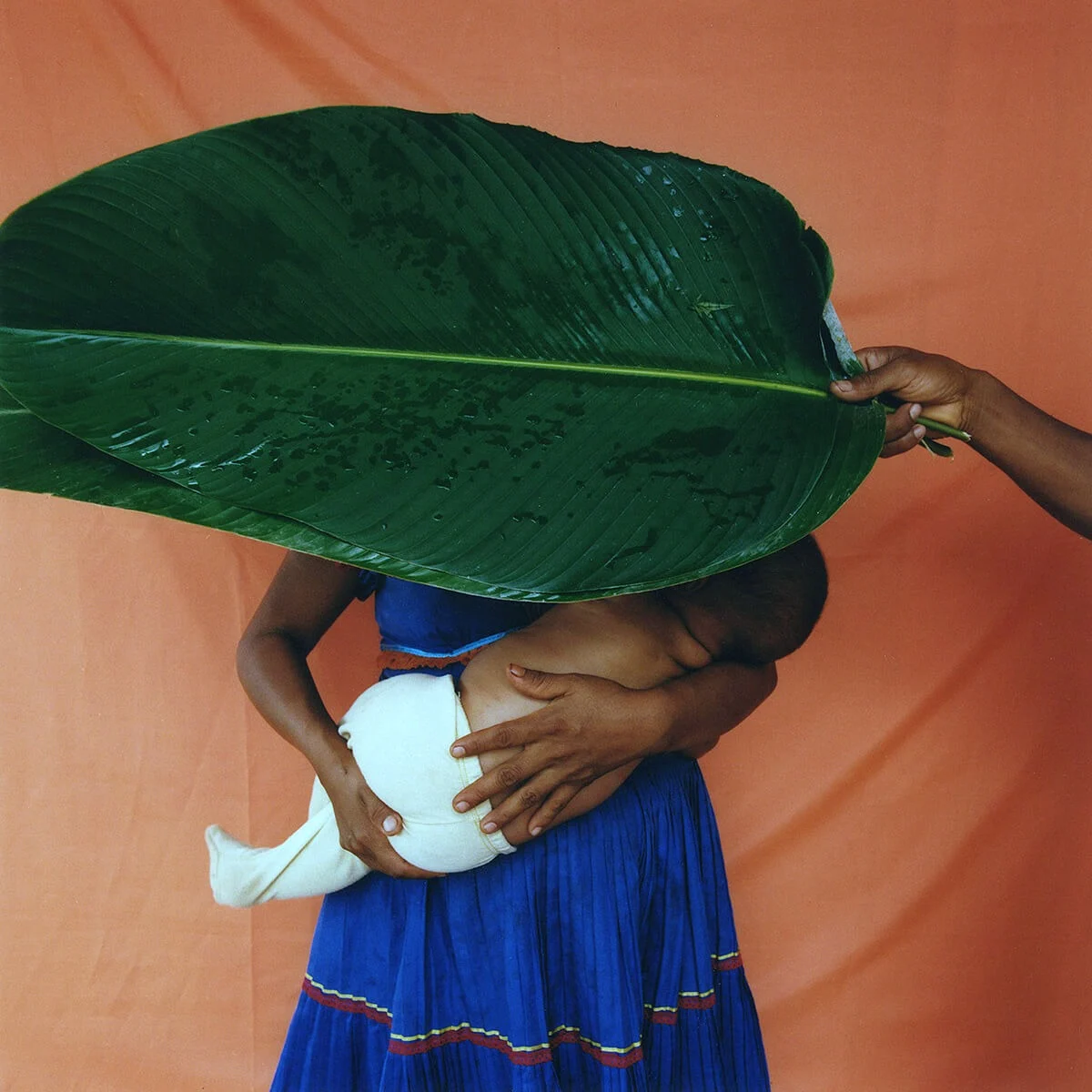
Located in the oldest part of Bogotá, El Hotel Dorantes has the faded charm of times long past. It’s where photographer Karen Paulina Biswell stays whenever she’s in town and where she shot her series Nama Bu, an ongoing portrait of a group of Emberá Chamí people.
A community indigenous to Colombia, many Emberá Chamí have been displaced by conflict; forced to migrate from their land to the urban centers of the country. During a visit to Bogotá Karen Paulina met a family selling handcrafted jewellery. Impressed by their story, she invited them to her suite to take their photographs against the hotel’s painted walls, colorful fabric backdrops and in the once-lavish halls.
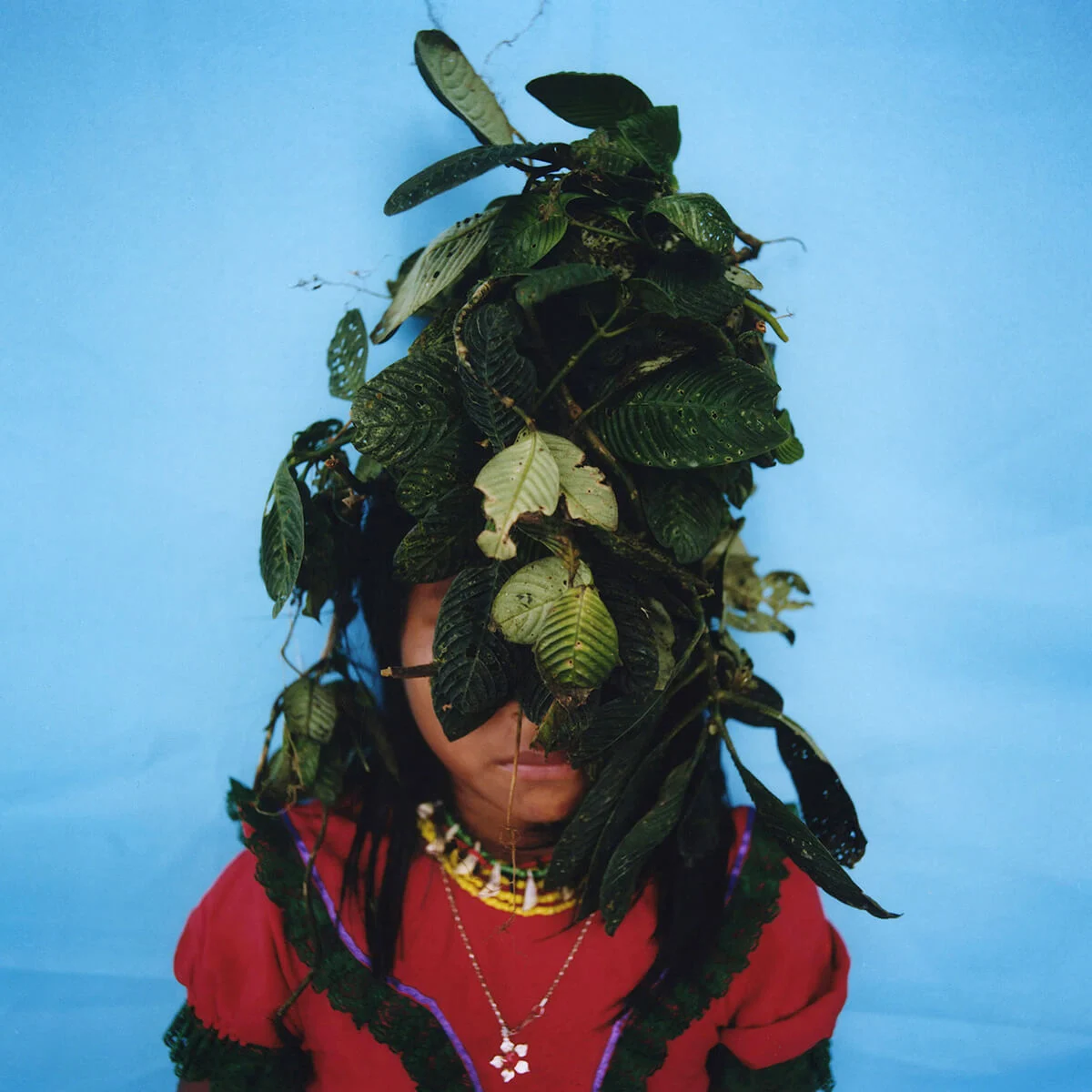
“There was a certain chemistry between us that became more and more evident as the days went by,” she says. “We were curious about each other's stories and lives. We’d both experienced the notion of being displaced, them by the circumstances they had to assume, me by my personal history.”
Karen Paulina was born to Colombian parents who emigrated to Paris in the early 1990s to avoid the political violence in their homeland. She was raised in transit between the two countries, her identity relentlessly questioned in each.
“We ended up finding solace together in this hotel in Bogotá,” she says.
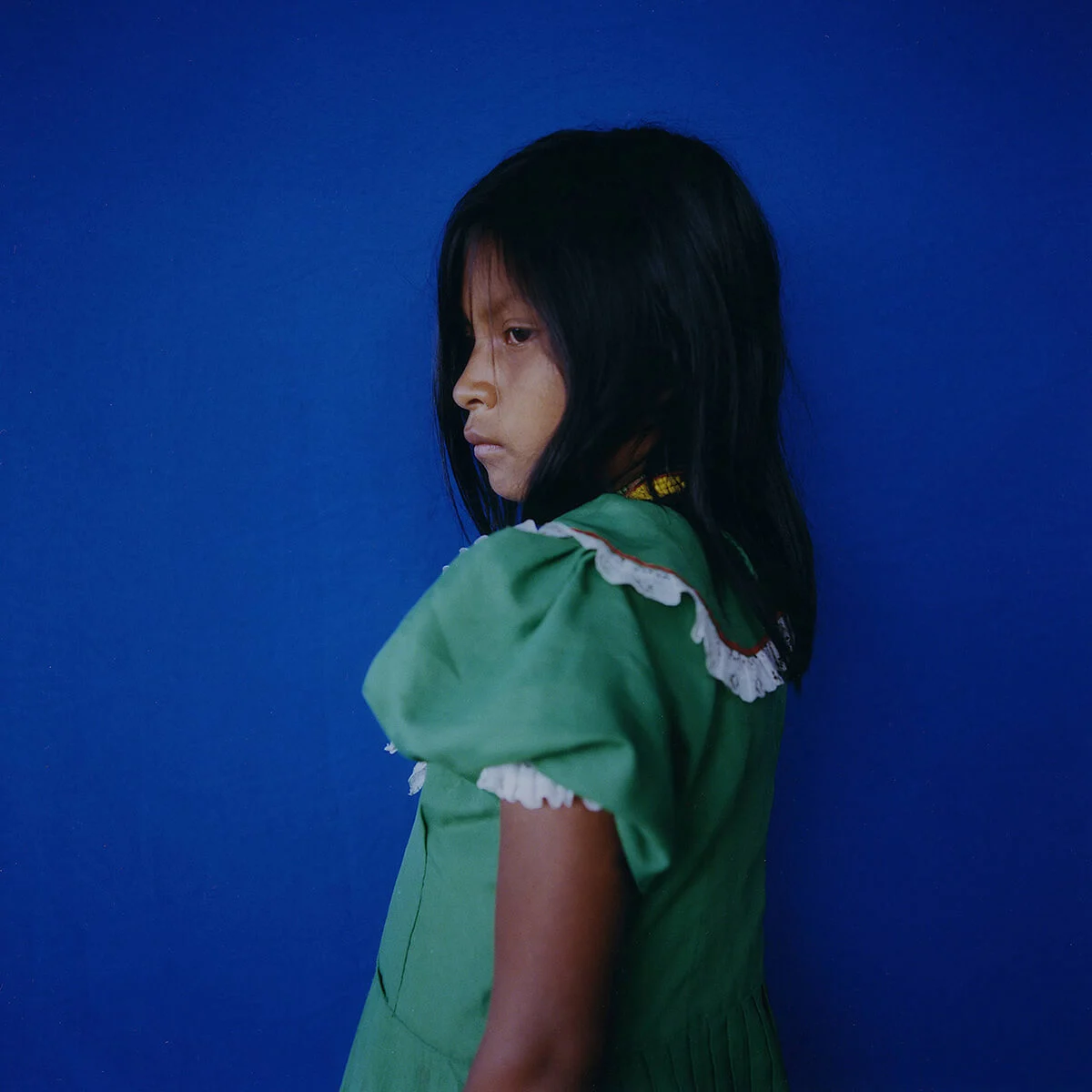
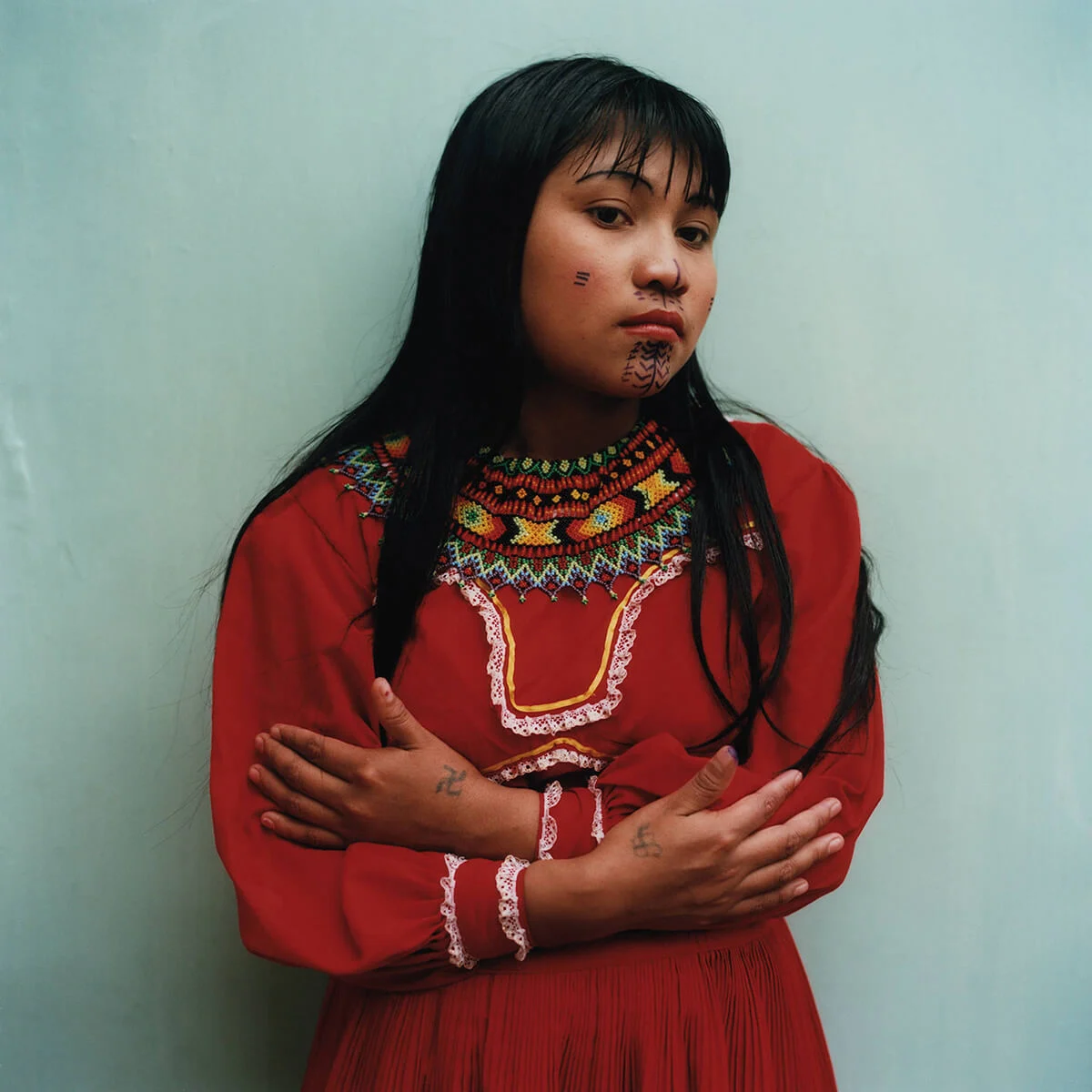
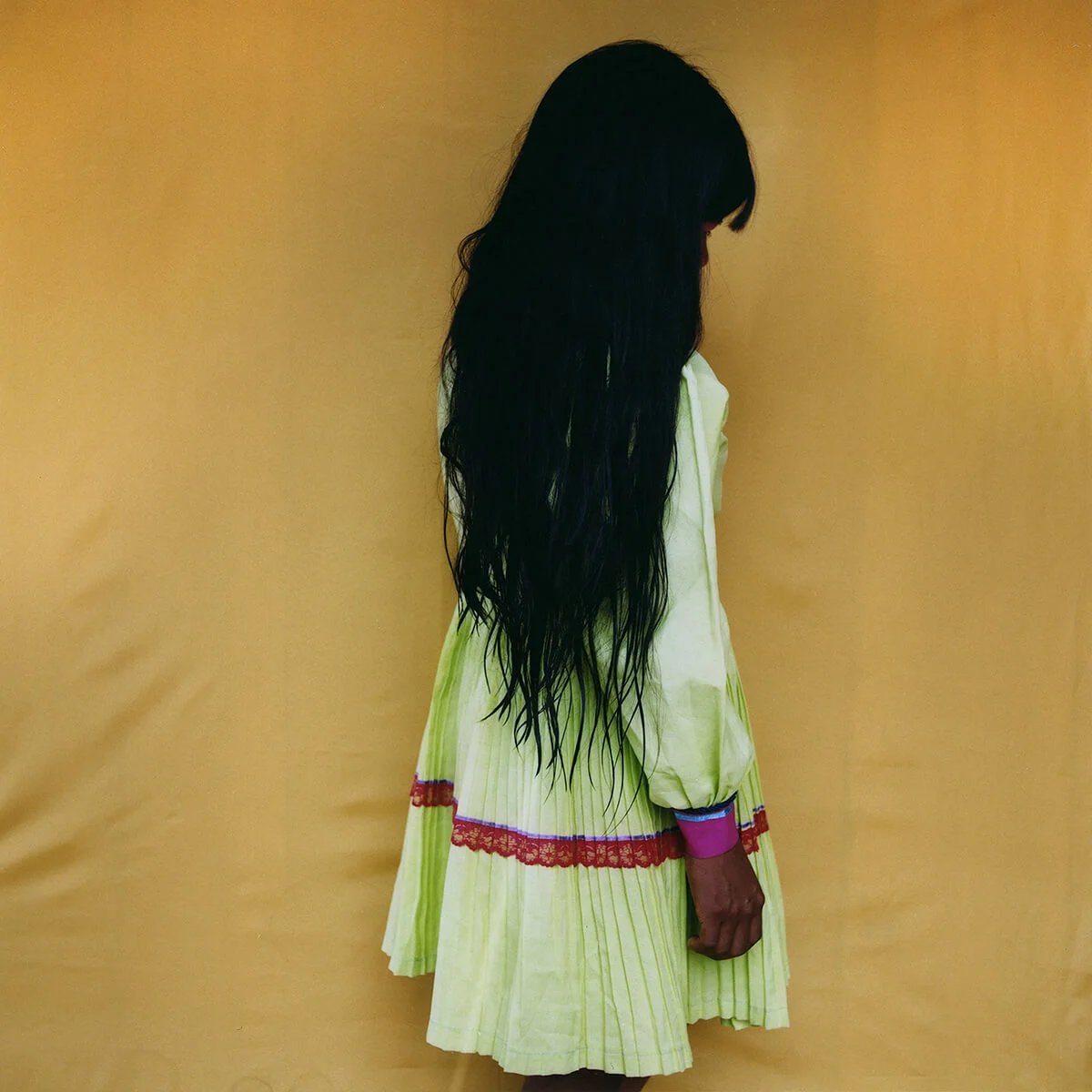
In native Emberá language Nama Bu means “we exist.” Through the series Karen Paulina pictures the culture of the Emberá Chamí people that threatens to disappear as they’re forced to leave their land and move to cities.
Creating the series, she was well aware of the temptations of exoticism in photography and navigated carefully to avoid misrepresentation and voyeurism. “I find it awkward and delicate to work on the representation of an Amerindian community today, avoiding all the stereotypes of our collective unconscious and the weight of history.”
And so, although Nama Bu documents the existence of Emberá Chamí people in Bogotá, she doesn’t categorize the work as documentary. “I'm much more interested in the world of my dreams and fantasies while not losing my hold or take on reality.”
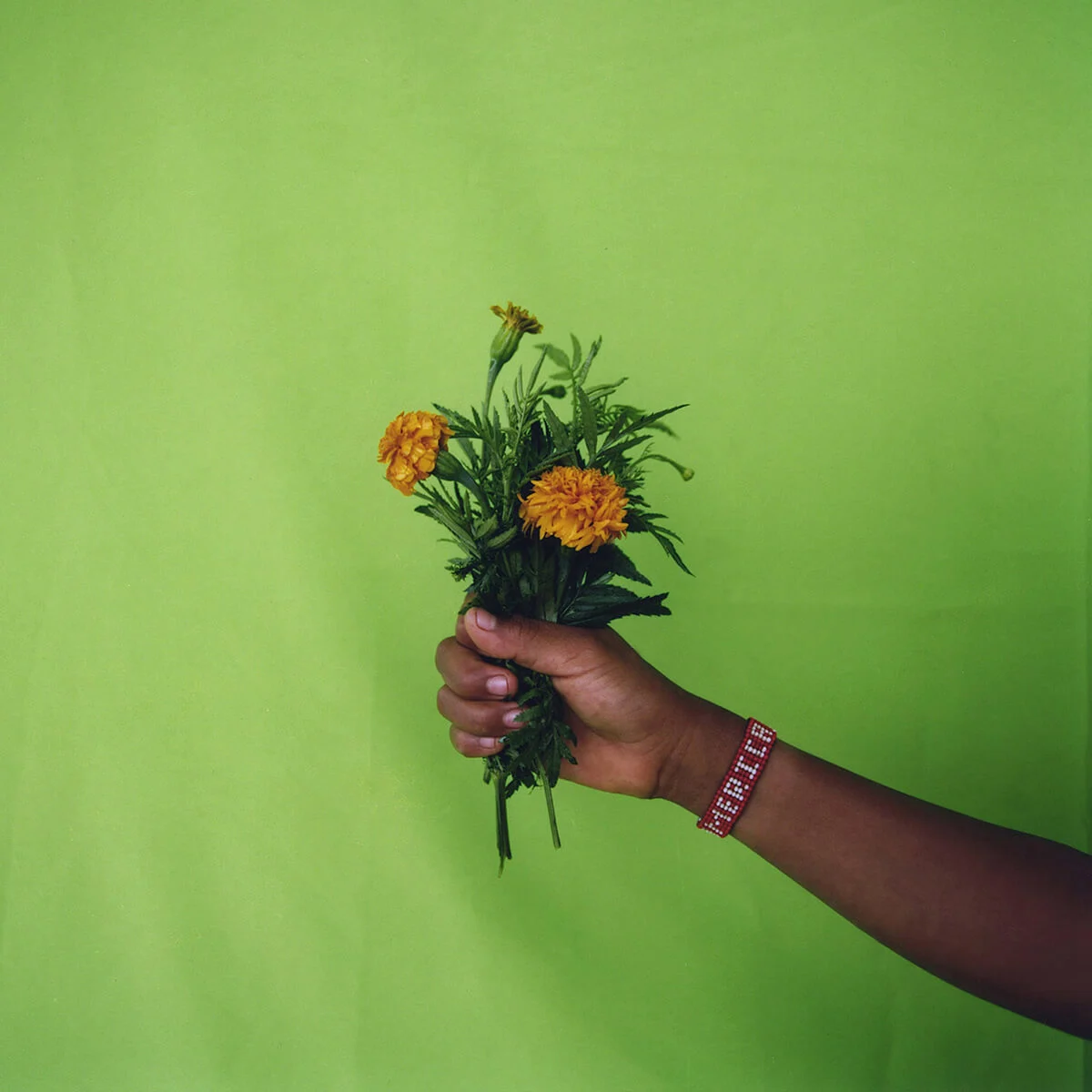
In her portraits women and girls wear traditional dress in different candy colors with frilled collars and pleated skirts. Some wear customary intricately-beaded necklaces or black facial markings on their cheeks and chins. “They represent their own cosmos and creativity,” Karen Paulina says.
In some photos the subjects hold flowers or are obscured by giant leaves. “In my pictures nature can be like a magic trick coming out of a hat. It appears out of nowhere in the most surprising ways.
“I don't necessarily see the natural elements as something separate from the different people and emotions in the portraits; we are a part of nature and it is a part of us.”
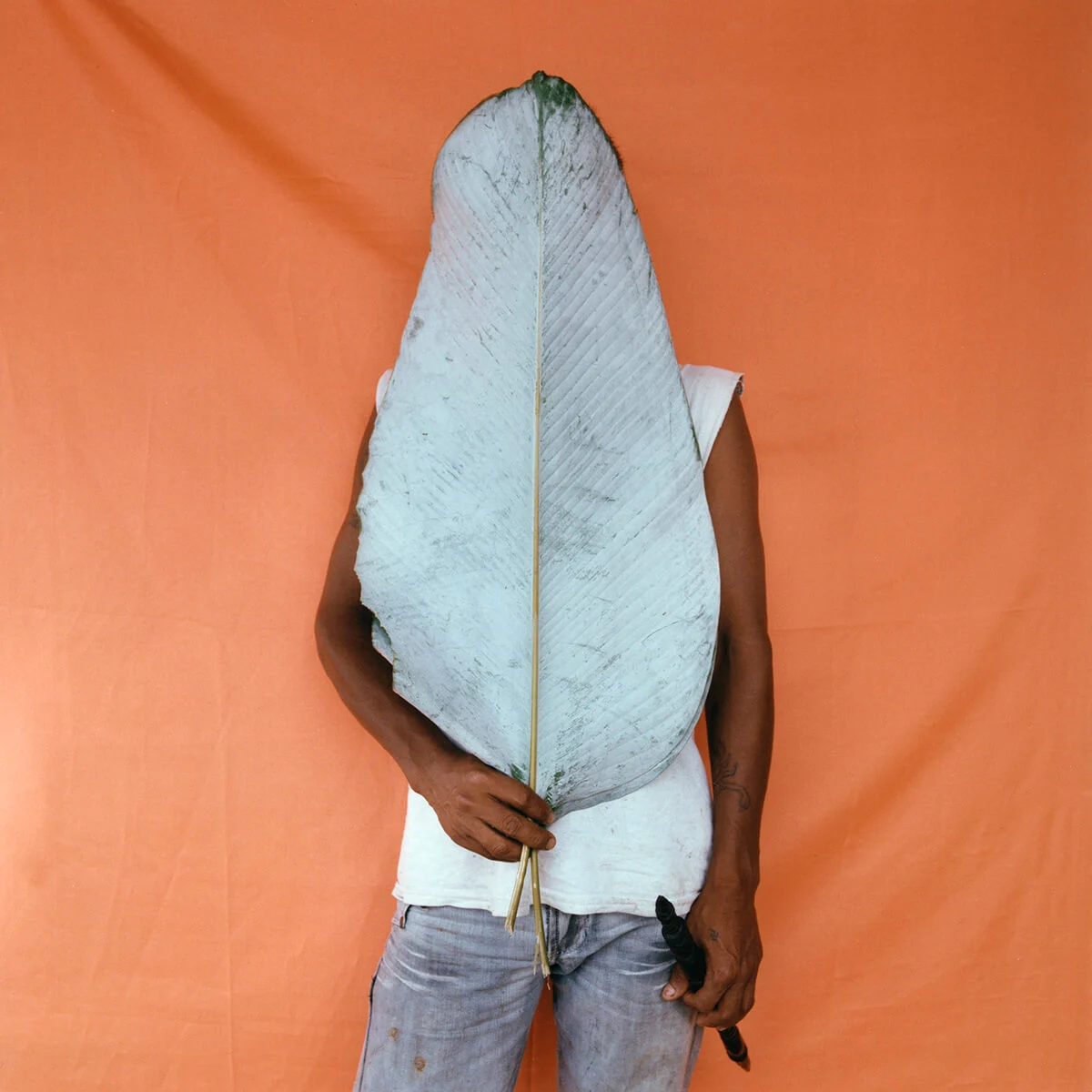
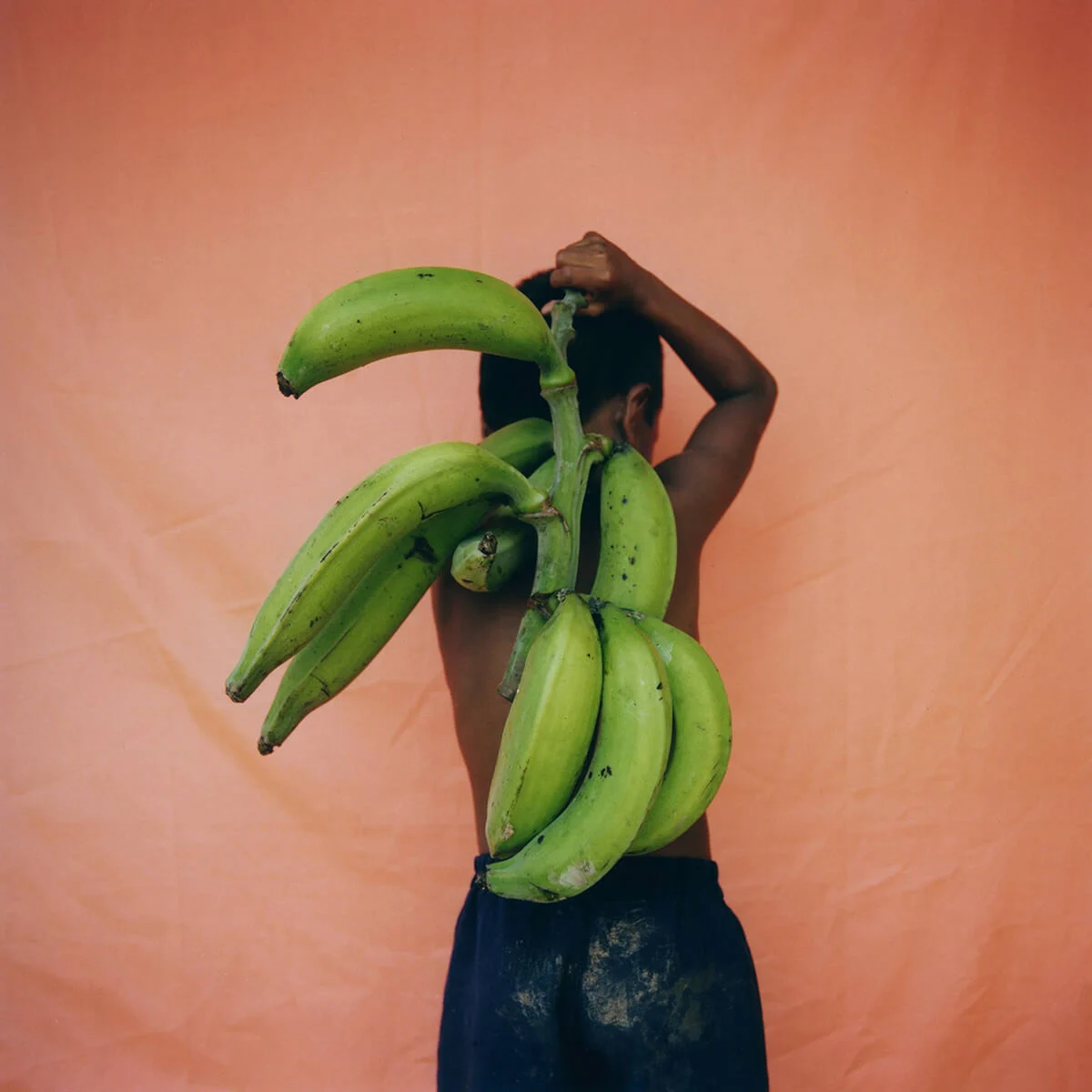

She doesn’t have a process she relies on to gain trust with her subjects. “It either happens or it doesn’t,” she says. “I guess fate or fortuna play a role as well.” To create a sense of connection with her models though, she selects shoot locations where she feels at home as well, like El Hotel Dorantes.
“I use different types of communication in my work process. So, I might not necessarily use a verbal direction to achieve a certain pose, the pose comes naturally when a subject is in the right spirit.”
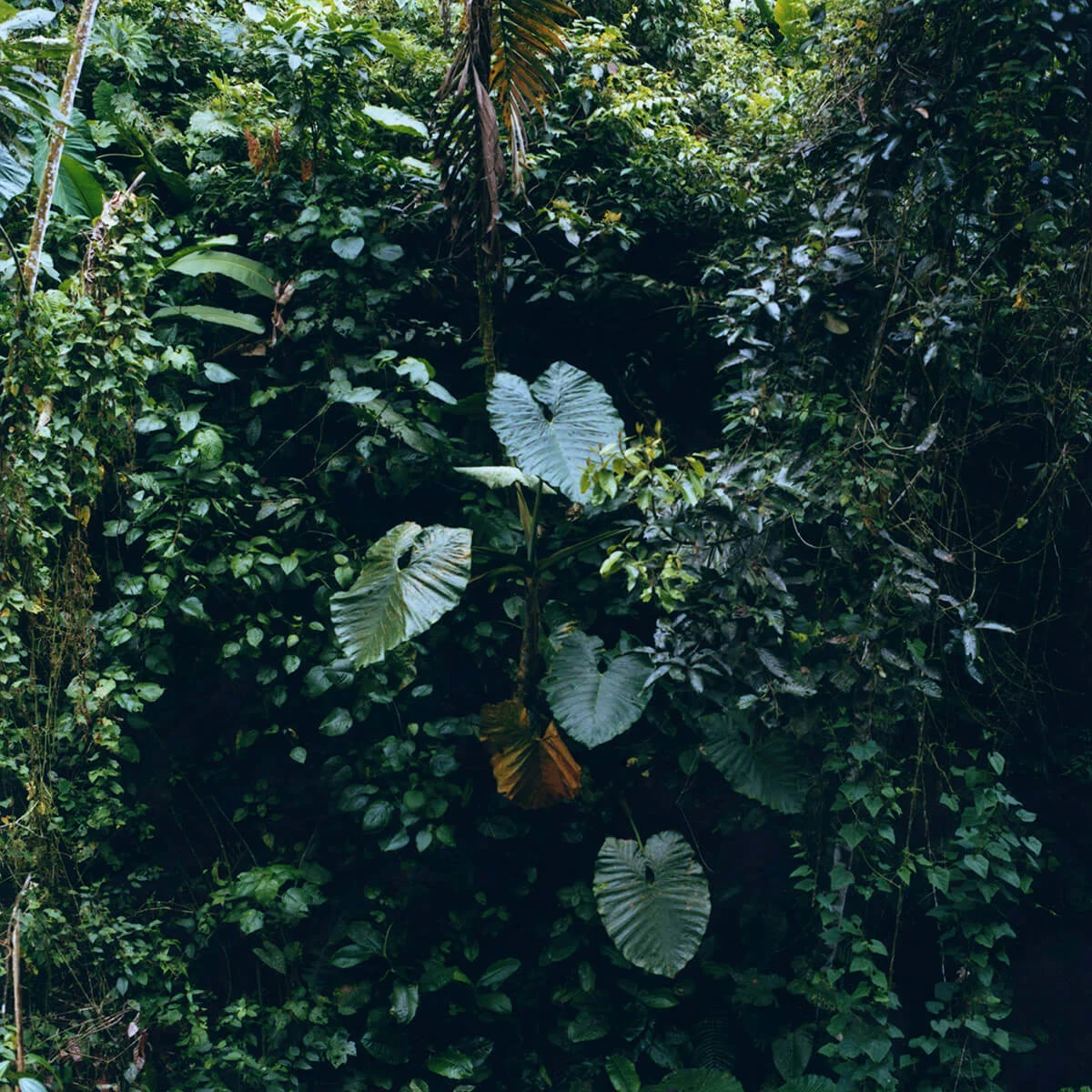
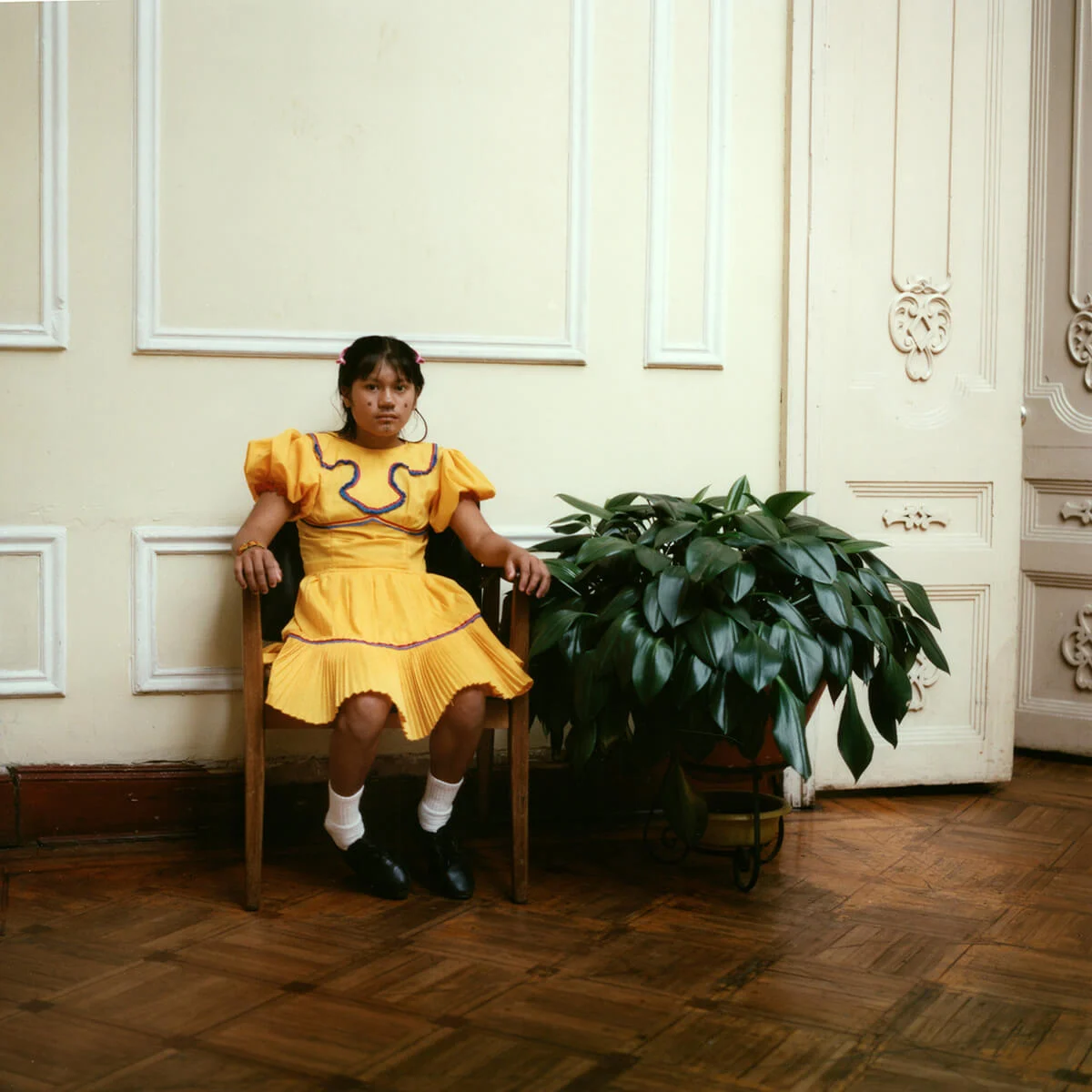

By creating a comfortable atmosphere, Karen Paulina hopes to capture something in her subjects that is not so easily noticed when they’re going about their daily business. “I’m looking to capture a particular sense of the real, a heightened sense of beauty, of the unpredictable, the unique, a harmony and a certain wildness.”
She knows she’s got it when her photographs can transmit a feeling that makes you want to look at them again and again, or how she calls it, “the pulse of life, when it is inexhaustible.
“Photography can be a window, or a mirror, a portal or even a gate,” she says. “I hope people can take away a mirror when needed, a window when desired, a portal to another world, a looking glass, or simply a gate into their own fantasies and desires.”
Words by Alix-Rose Cowie.
